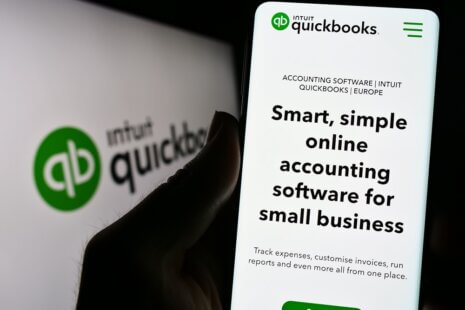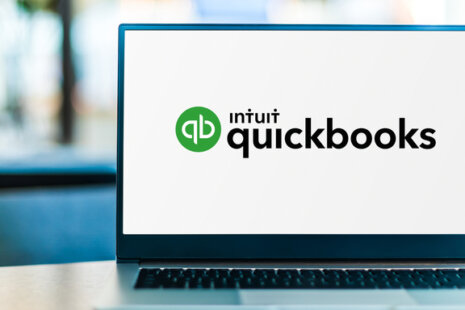QuickBooks is a versatile accounting software used by a wide range of industries and businesses. While it caters to various sectors, some industries tend to use QuickBooks more frequently due to its user-friendly interface and flexibility.
Here are a few industries that commonly use QuickBooks:
- Small Businesses: QuickBooks is extremely popular among small businesses, including sole proprietors, startups, and microenterprises. Its affordability, ease of use, and scalability make it an ideal choice for businesses with limited accounting expertise.
- Retail: Many small retail businesses, such as boutiques, shops, and online stores, use QuickBooks to manage their finances, track inventory, and handle sales transactions.
- Service-Based Businesses: Service industries, such as consulting firms, marketing agencies, law practices, and healthcare providers, often use QuickBooks to manage client billing, track expenses, and monitor their financial health.
- Contractors and Construction: Contractors, subcontractors, and construction companies frequently use QuickBooks to manage project costs, track job profitability, and handle subcontractor payments.
- Nonprofits: Nonprofit organizations often use QuickBooks for tracking donations, grants, and expenses. QuickBooks has specific features and reporting capabilities designed for nonprofits.
- Restaurants: QuickBooks offers solutions tailored to the restaurant industry. It helps restaurant owners manage payroll, inventory, and financial transactions efficiently.
- Real Estate: Real estate agents, property management companies, and real estate investors use QuickBooks to handle property transactions, rent collection, and financial reporting.
- Freelancers and Self-Employed Professionals: Freelancers, independent contractors, and self-employed individuals use QuickBooks to manage their finances, track income and expenses, and prepare for tax season.
- Manufacturing: Some small and medium-sized manufacturing businesses use QuickBooks to manage inventory, production costs, and financial records.
- Wholesale: Wholesale businesses often use QuickBooks to handle inventory tracking, purchase orders, and sales invoicing.
- E-commerce: E-commerce businesses that sell products online may use QuickBooks to manage their finances, sales, and expenses, integrating it with their online sales platforms.
QuickBooks offers different versions and editions tailored to specific industries and business sizes. For example, QuickBooks Online has industry-specific versions like QuickBooks Online for Retail and QuickBooks Online for Nonprofits. QuickBooks Desktop also offers industry-specific editions.
The versatility of QuickBooks makes it suitable for a wide range of businesses and industries, and its popularity is driven by its user-friendly approach to accounting and financial management.




